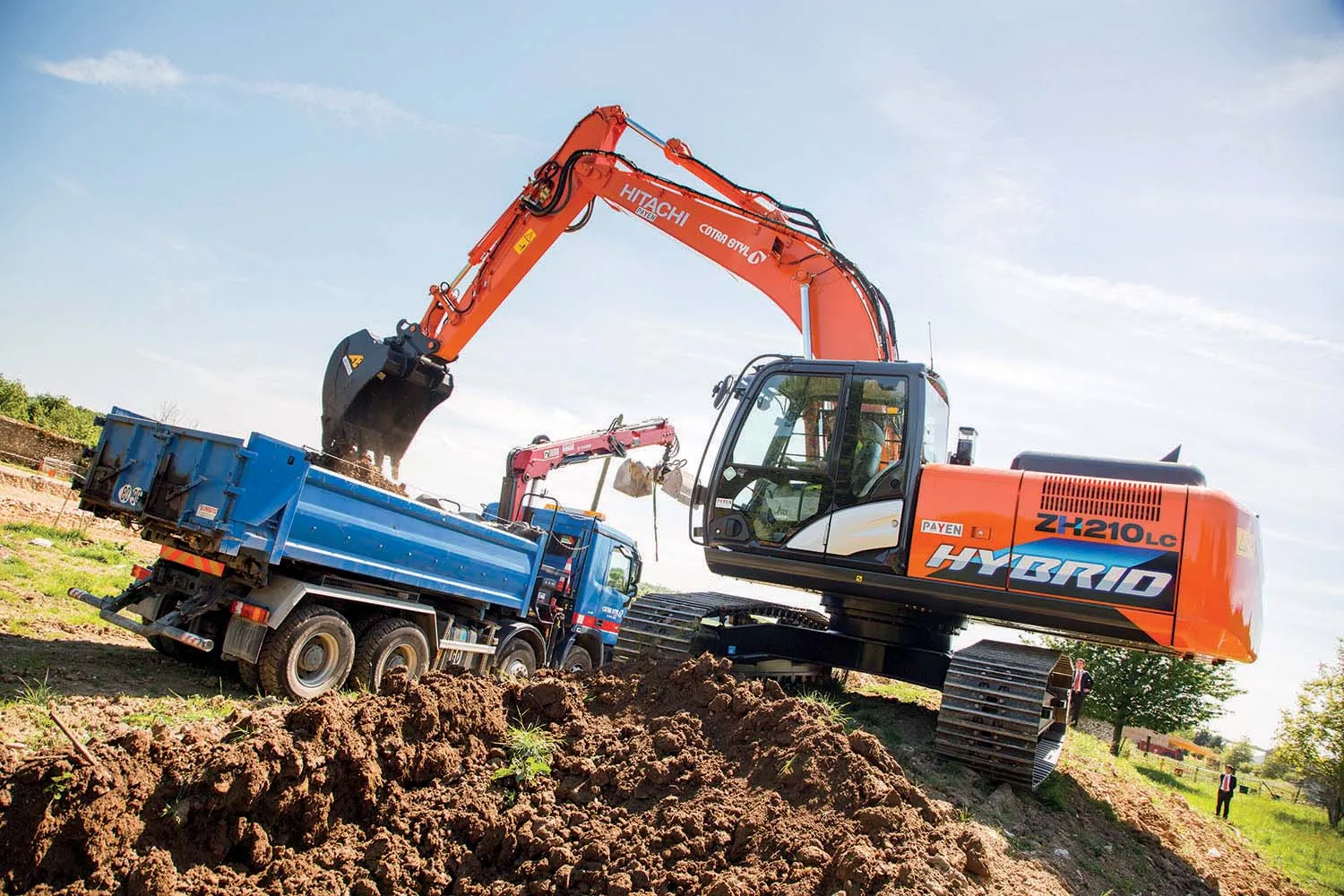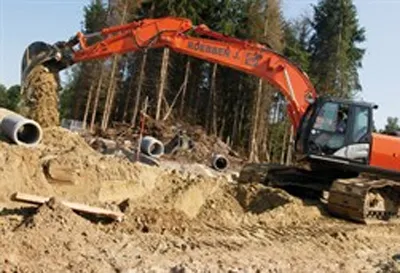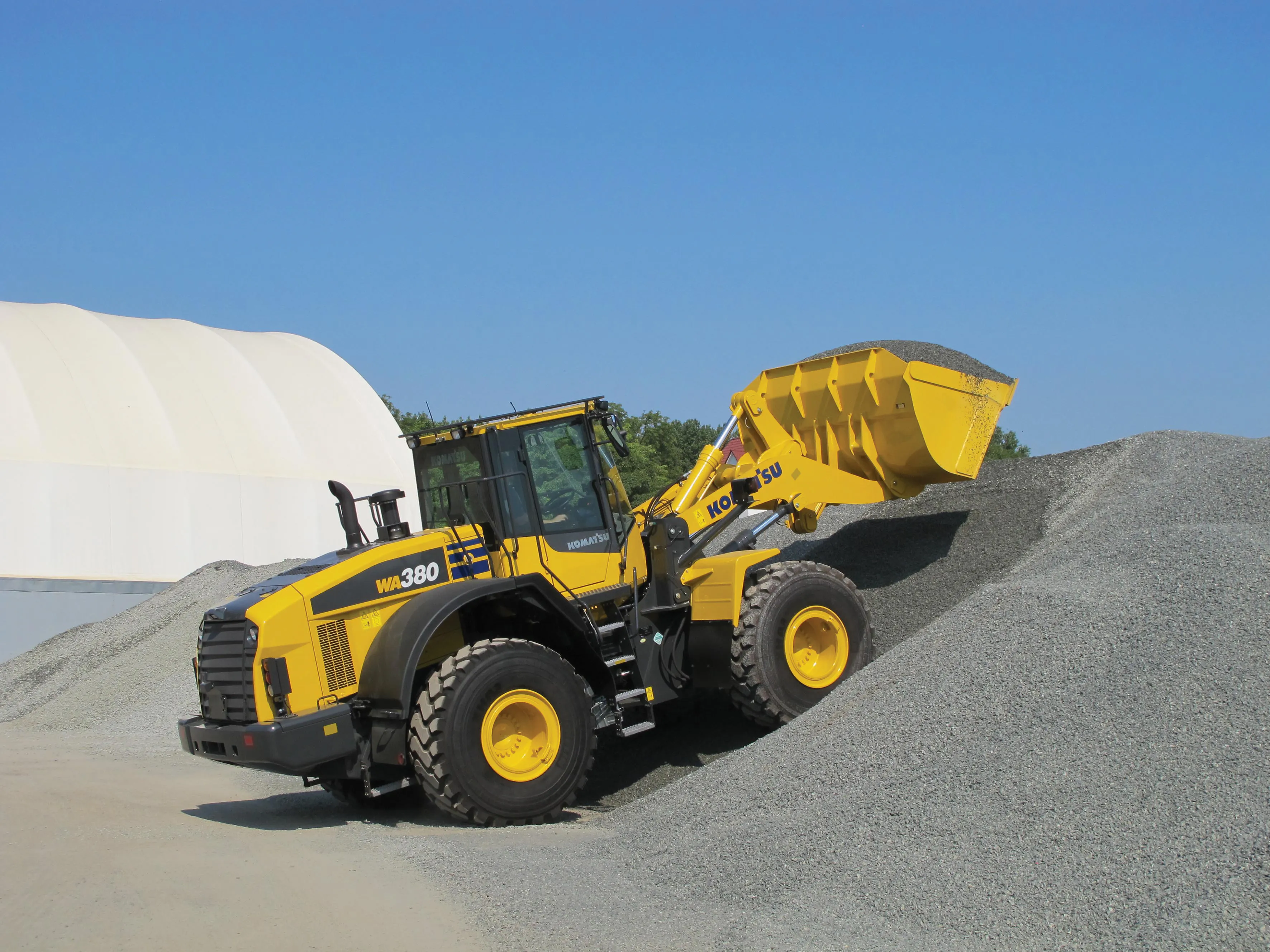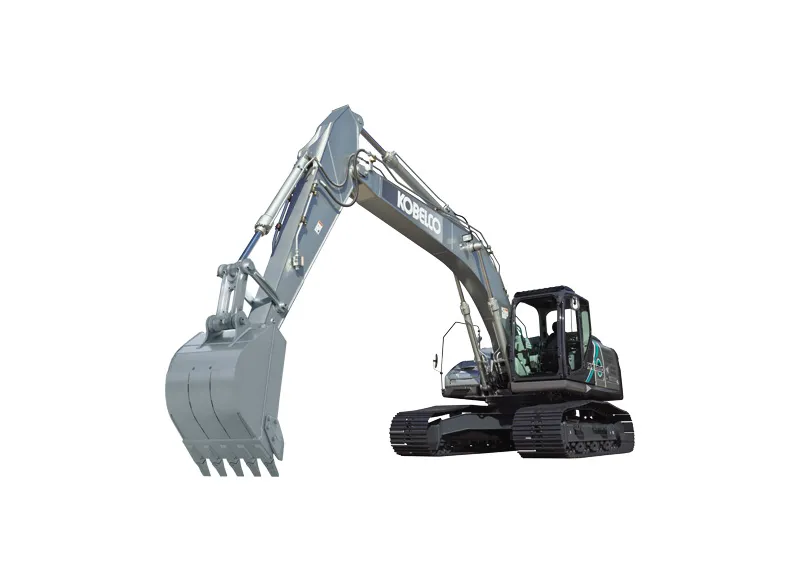
The first Hitachi hybrid excavator in Europe has been bought by French rental company Cotra Styl – part of Groupe Noblet – in an official ceremony at Cotra Styl’s office in Trappes, to the west of Paris.
Groupe Noblet’s owner, Laurent Galle, received the keys of the ZH210LC-5 from
The most significant part of the rental firm’s turnover comes from the three largest French contractors –
Galle said, “It is the first medium excavator of its size in our relatively compact fleet.
This is a truly innovative machine for us as we are environmentally friendly and therefore keen to promote the virtues of hybrid products. For instance, we have reduced the fuel consumption of our existing excavators and trucks by 15% in the past two years. The test with the prototype model went really well on projects that varied from city centre sites to rural locations. Our customers saw the value of this product and we had some good feedback from them. In addition, there were less emissions and noise from the ZH210LC-5 than a conventional machine, without a compromise on performance."









